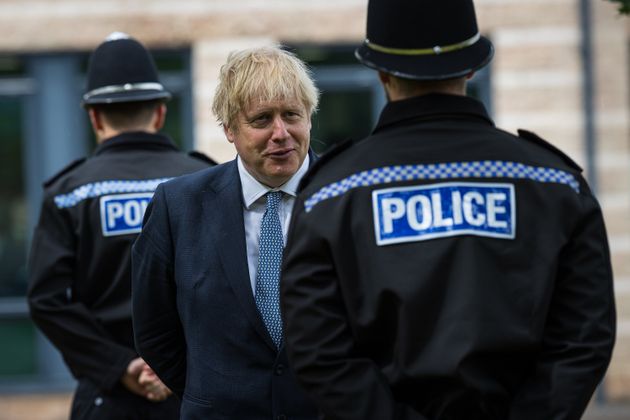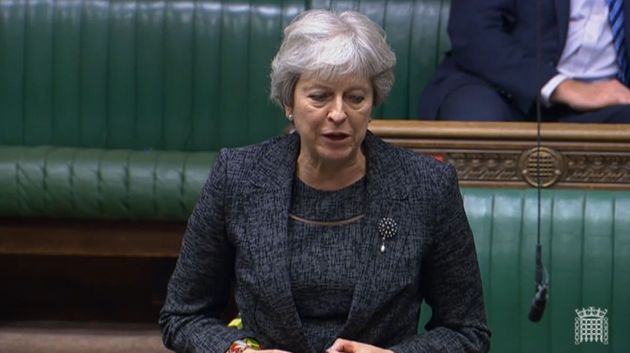
LGBT refugees could be forced to hide their identity as a result of the government’s “devastating” Nationality and Borders Bill, according to a Labour MP.
Olivia Blake, who represents Sheffield Hallam, will argue in a Commons debate that the draft legislation is one of the “biggest attacks on the rights of refugees in recent memory”.
She will say it risks re-traumatising those who are fleeing persecution by making it harder to prove their LGBT status.
In a Westminster Hall debate on Wednesday, Blake will argue that tougher clauses in the bill risk forcing LGBT refugees to conceal their identity out of fear that living openly in the UK could increase their risk of persecution if they are sent back to their country of origin.
Under current UK law, those seeking asylum must demonstrate that there is a “reasonable degree of likelihood” that they face persecution if they do not stay in the UK.
If the bill is passed, that threshold will be raised to the higher level of the “balance of probabilities”, which campaigners say will make it “even more difficult” for people to prove their sexual orientation or gender identity.
Sonia Lenegan, legal and policy director at Rainbow Migration, said: “Often the only evidence LGBTQI+ people have is their own account, and the culture of disbelief within the Home Office means that people are already commonly disbelieved.
“This will become worse under clause 31 of the Nationality and Borders Bill — more LGBTQI+ people will be wrongly refused asylum and face return to life-threatening situations.”
There are currently 69 countries where homosexuality is outlawed, including Syria, Afghanistan and Iraq. Punishments vary from fines, life sentences and the death penalty.
Campaigners have also raised concerns that the timeframe in which people are allowed claim asylum will be shortened, with any delays resulting in penalties.
Speaking ahead of the debate, Blake, vice chair of the all party parliamentary group on migration, said: “The government’s Nationality and Borders Bill represents one of the biggest attacks on the rights of refugees, migrants, and people of colour in recent memory.
“As ever, the worst effects of the legislation will be felt by the most vulnerable – especially LGBT+ people seeking sanctuary in the UK.
“Rather than re-traumatising LGBT+ people fleeing persecution, we need an asylum system that supports them.”
She said she wanted her debate to “put this issue firmly on the agenda”.
“I’m inviting every MP, from every party, to participate,” Blake said. “Together, we must shine an urgent light on this dangerous attack on the global LGBT+ community – and organise to prevent it.”
Speaking ahead of the bill’s second reading in parliament last July, Patel said the bill — which also promises a crackdown on people smuggling and small boat crossings — would “increase the fairness of our system” which is being “abused and gamed”.













